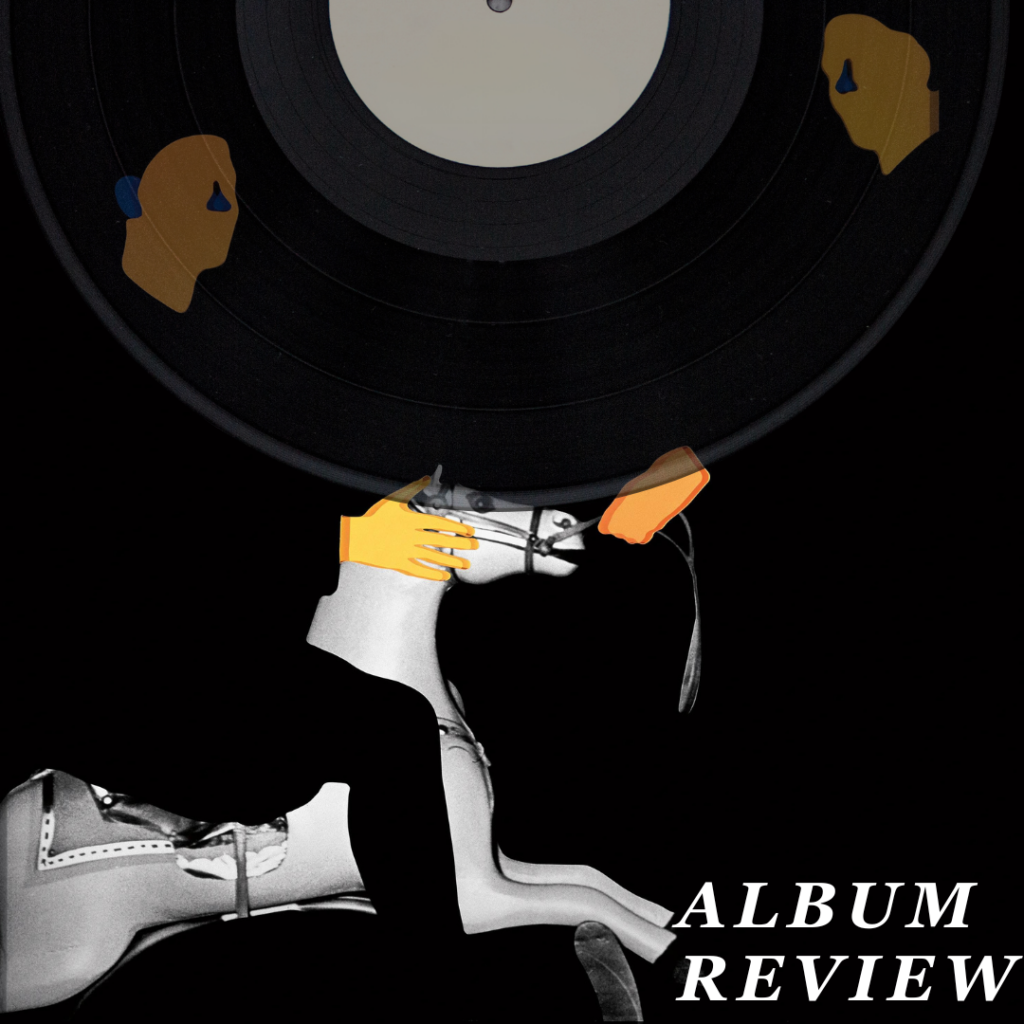 (Photo Manipulation by Alex Gerson)
(Photo Manipulation by Alex Gerson)
MGMT’s “Loss of Life” is an introspective psychedelic rock album that encourages joy and serenity through its thoughtful lyrics and diverse sounds. The band released the project on Feb. 23 following its previous work, “Little Dark Age” (2018), a thematically darker project boasting songs such as “When You Die.”
The band formed in 2002 when members Ben Goldwasser and Andrew VanWyngarden met at Wesleyan University (Conn.) and began working together. MGMT is known for a rebellious spirit that manifests in songs such as “Time to Pretend” (2007), in which the band pokes fun at wealthy celebrities who emulate hippie culture despite benefitting immensely from capitalism. Similarly, “Little Dark Age” is filled with deep, brooding sentiments revolving around life and death in a materialistic world.
“Loss of Life,” despite its somewhat alarming title, feels far more playful than much of MGMT’s previous work. While in no way lacking in lyrical depth, the tracks are light and colorful. Both the sound and the content give the audience a sense of optimism as the band repeats, “I wanna tell everyone I know / ‘I love you,’” in the track “Dancing in Babylon.”
Despite its lighter texture, the album references death in nearly every song. While the band spoke of death bitterly in previous projects, “Loss of Life” is different because it asserts that everything will be OK.
“Then you learn to love your loss of life,” the band declares in the title track. If death is unavoidable, MGMT urges living for today.
The song “Mother Nature” references not only our individual smallness in the world but also our inability to escape from who we are. To rebel against death is in our nature, the band argues, but appreciation for what we have can save us from this struggle.
“You need a friend / To take you home,” MGMT sings.
MGMT displays a wide tonal range in “Loss of Life,” utilizing gossamery, moody instrumentals and unpredictable electronic beats. While some songs may lull the audience into a peaceful daze, others, such as “Dancing in Babylon,” would fit seamlessly into the background at a ’70s disco club. Despite a vast range of instruments and sounds, each song feels deliberate and well-developed. “Loss of Life” is like a scattered puzzle; it is all over the place, yet it fits together perfectly.
A sense of contentment to “Loss of Life” demonstrates where MGMT is as a group. While angst often tinged with the band’s previous work, “Loss of Life” is refreshing. MGMT plays with ideas that once frustrated the band. As a work of positive introspection, “Loss of Life” is filled with memorable moments and a relatable message. “If I could change, then I wouldn’t be here,” MGMT sings in “Nothing Changes,” emphasizing that we are what we are, and that is alright.





